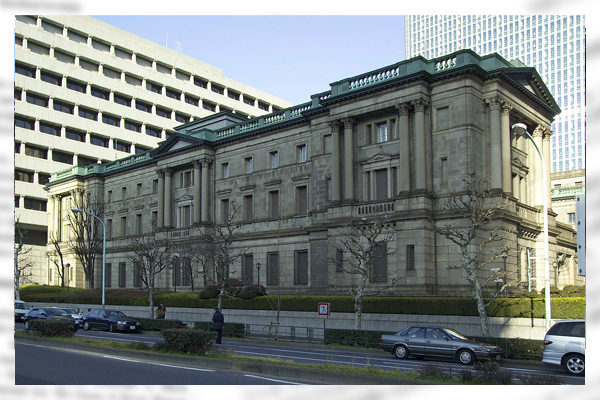The Bank of Japan on December 20 decided to expand the allowable fluctuation range from 25 basis points to 50 basis points for the benchmark 10-year government bond yield. The decision, though designed to counter the yen’s excessive depreciation, led market players to speculate that the central bank has begun to end its unprecedented monetary easing as a pillar of the so-called Abenomics policy and may raise interest rates next year. On the fiscal front, the Fumio Kishida government is planning to launch tax hikes for defense spending growth two years from now or later. The interest rate and tax hikes dampen private sector hopes on an economic pickup and the momentum of wage increases next spring. The BOJ and the government should demonstrate their respective determinations to maintain monetary easing and flexible fiscal spending until domestic demand gets on a firm recovery path.
Speculations about post-Kuroda BOJ’s rate hikes
The decision does not represent any interest rate hike, BOJ Governor Haruhiko Kuroda told a press conference. But his remark failed to eliminate upward market pressure on the key long-term interest rate. The BOJ has made an impression of modifying its unprecedented “quantitative” monetary easing, too, as indicated by a downtrend of its monetary base.
Behind growing market speculations is the fact that Kuroda’s term as BOJ governor is scheduled to end next April. Candidates for the successor are Deputy Governor Masayoshi Amamiya and others who have spent their entire career with the BOJ. BOJ officials have traditionally been positive about monetary tightening and negative about easing. Those who are positive about monetary easing, or “reflationists”, now dominating the BOJ Policy Board, may become a minority at the post-Kuroda BOJ. Such change may make it easier for the central bank to end the current negative interest rate policy unpopular among megabanks and raise interest rates.
Generally speaking, the negative interest rate policy is abnormal as borrowers benefit from it. The policy will have to be normalized someday. But the Japanese economy still remains under deflationary pressure unlike the United States and European countries plagued with high inflation. An end to the negative interest rate policy may trigger the yen’s rapid appreciation. In fact, the latest ceiling hike in the long-term interest rate alone led to a yen-buying rush. Both interest rate hikes and the yen’s appreciation exert deflationary pressure on the Japanese economy, discouraging corporate capital investment and household consumption.
A chance to break away from deflation
As for its fiscal policy, the Kishida government is shifting to a tightish fiscal management to secure resources for defense spending growth in the FY2023 budget. Under the government’s budget proposal finalized on December 23, tax and non-tax revenue will increase by more than 8 trillion yen from the initial budget for the current fiscal year, while expenditure excluding debt services rises by a bit more than 5.8 trillion yen. The gap may affect private sector demand. Furthermore, the government plans to raise taxes later for defense spending expansion.
Japan’s gross domestic product has increased little since the second half of the 1990s. Chances for the Japanese economy to break away from deflation came occasionally but disappeared on the government’s fiscal tightening or the central bank’s monetary tightening. At present, hopes on an end to the COVID-19 pandemic and the yen’s depreciation are increasing capital investment and forming a consensus to raise wages. We should not repeat past mistakes.
Hideo Tamura is a Planning Committee member at the Japan Institute for National Fundamentals and a columnist for the Sankei Shimbun newspaper.


